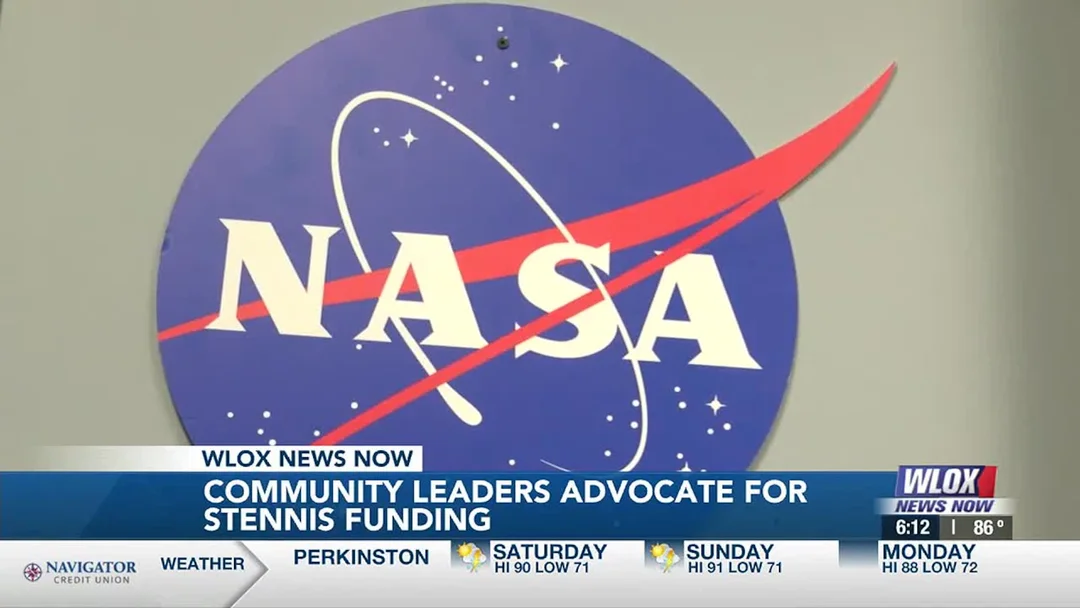
NASA Faces Deep Budget Cuts: Science Missions Canceled, Layoffs Looming
NASA is bracing for significant changes as its proposed fiscal year 2026 budget outlines substantial cuts, triggering cancellations of science missions and thousands of job losses. This news has sparked concern within the space community, raising questions about the future of U.S. leadership in space exploration and scientific discovery.
The agency's budget proposal of $18.8 billion represents a sharp decrease from the nearly $24.9 billion it received in fiscal year 2025. This equates to a 47% cut in science programs, impacting projects in development and ongoing missions alike.
Science Programs Hit Hard
The proposed budget targets numerous science projects, with over 40 facing the chopping block. Notable casualties include the Mars Sample Return (MSR) program and Landsat Next. Earth science missions within the Earth System Observatory line are also vulnerable, beyond GRACE-Continuity. Extended missions like CYGNSS and smaller venture-class missions are slated for termination.
Other planetary science missions facing cancellation include DAVINCI and VERITAS, two Discovery-class missions to Venus, and NASA's participation in ESA's EnVision mission to Venus. Missions like Juno, New Horizons, and OSIRIS-APEX are also at risk.
However, development of the Nancy Grace Roman Space Telescope will continue, albeit with significantly reduced funding.
Job Losses and Workforce Impacts
A significant consequence of the budget cuts is the reduction in NASA's workforce. The proposal anticipates a decrease from 17,391 direct-funded civil servants in fiscal year 2025 to 11,853 in fiscal year 2026—a cut of one-third.

Exploration Initiatives and New Priorities
Amidst the cuts to Science, Artemis program might be affected beyond the Artemis 3 mission. The budget shifts focus towards a new "Commercial Moon to Mars (M2M) Infrastructure and Transportation Program," allocating $864 million to develop commercial systems and Mars-related technologies, including a space suit for Martian surface use and lunar/Martian relay satellites.
Reactions and Concerns
The proposed budget has faced criticism and concern from various stakeholders, including The Planetary Society and the Aerospace Industries Association (AIA). Casey Dreier of The Planetary Society highlighted the potential impact on ongoing and future discoveries, while Eric Fanning, president and CEO of AIA, expressed concerns about jeopardizing U.S. space leadership.
According to NASA Watch founder, ex-NASA, Explorers Club Fellow, ex-NASA, Away Teams, Journalist, Space & Astrobiology, there is growing expectation the Senate will take up the nomination of Jared Isaacman to serve as NASA’s next administrator in the near future.
Congress to Weigh In
Congress will ultimately decide on the final budget, and early indications suggest that the proposed cuts will face strong opposition, even from Republican members familiar with the significant layoffs coming to their states, such as Texas, Alabama, Florida, and Ohio.
What are your thoughts on NASA's proposed budget cuts? How will these changes impact the future of space exploration and scientific discovery? Share your perspectives in the comments below.